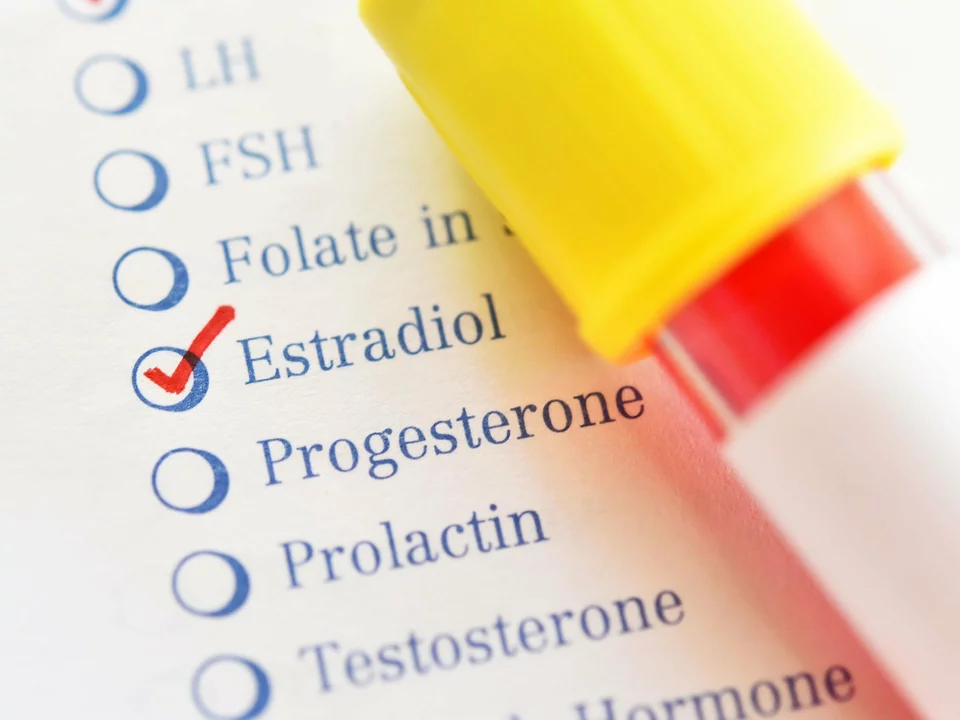Hormones: Meds, Fertility, and Supplements Explained
Hormones touch almost every part of your health — from fertility and mood to weight and energy. This tag gathers hands-on articles that explain how hormone drugs and supplements work, what side effects to watch for, and simple steps you can take right now. Read the short summaries below to find what matters for your situation.
What you'll find here
Practical guides on common topics appear often. If you’re tracking fertility, check "Natural Ways to Increase Ovulation Without Clomiphene" and the piece summarizing a large study comparing letrozole, clomiphene, and gonadotropins. Those articles give diet, lifestyle, and supplement tips plus what to expect from prescribed treatments.
For meds that change hormones, we cover drugs like Metformin (see "Metformin Unveiled") and others that affect appetite or metabolic hormones. There are also pieces on hormone-related side effects — like how mood drugs or epilepsy meds can alter hormones — and clear advice on monitoring and talking with your doctor.
How to use this info safely
Start by reading the full article that matches your question. Each post lists common side effects, typical dosing ranges, and red flags that mean you should call a clinician. Don’t swap or stop prescriptions based only on a blog post; use this site to prepare better questions for your provider.
Watch for interactions. Many hormone medicines mix poorly with other drugs or supplements. If an article mentions a risky combo, pause and ask a pharmacist or doctor before trying it. If you see unexplained symptoms — sudden mood shifts, heavy bleeding, or big weight changes — seek medical advice promptly.
Want natural support? We cover supplements like Rhodiola and adaptogens, and we explain what evidence exists and what doesn’t. For fertility-focused natural steps, look for clear recommendations on diet, timing, and inexpensive tests you can ask your provider about.
Navigation tip: use the site search or scan the tag list to find articles by topic — fertility, weight, mood, or specific drugs. When an article references a study, it points to the trial or data so you can read the source if you want deeper detail.
If you need direct help, use the "Contact Us" page to ask about site content or to request updates to an article. We don’t give prescriptions here, but we aim to make medical conversations easier and clearer.
Read a few posts, make a short list of questions, and bring them to your clinician. That’s the fastest way to turn online info into safer, real results for your health.

Estradiol and Fibroids: What You Need to Know
- Jun, 2 2023
- Daniel Remedios
- 15 Comments
As a blogger, I've recently researched the relationship between estradiol and fibroids and wanted to share what I've learned with you all. Estradiol, a type of estrogen, plays a significant role in the growth of fibroids, which are non-cancerous tumors in the uterus. It is crucial to monitor estrogen levels as higher levels can increase the risk of developing fibroids. Lifestyle changes, such as maintaining a healthy diet and exercising regularly, can help in managing estradiol levels. It's essential to consult with your healthcare provider if you suspect you have fibroids or to discuss methods of managing your estradiol levels.
